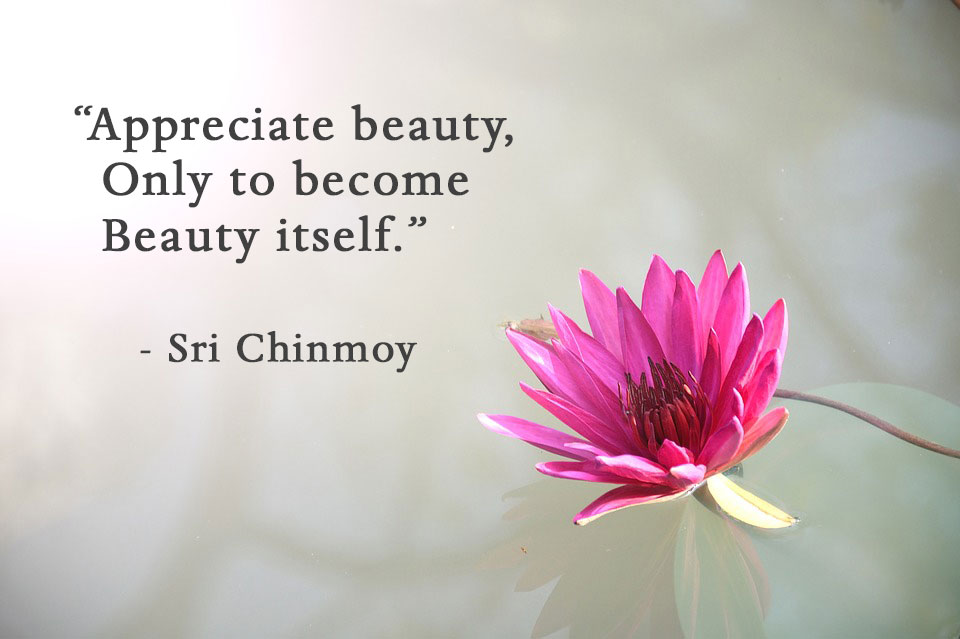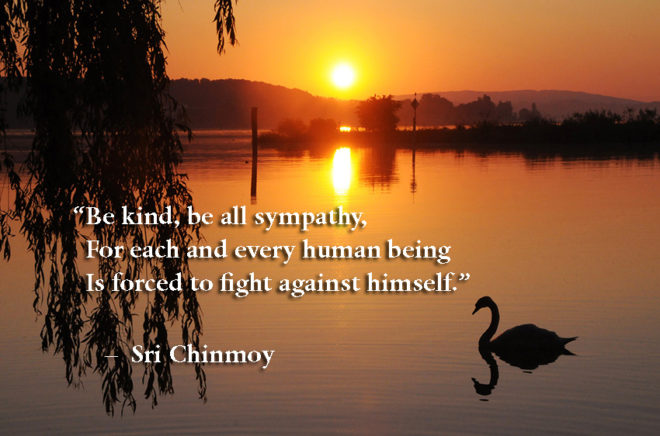Arjun and Cahit were good friends, but living together presented its own unique challenges. Arjun soon realised that in terms of tidiness and cleanliness they had different perspectives. It was a little ironic for Arjun because his mother used to frequently berate him for being messy when he was growing up. Now, rather belatedly, he understood his mother’s perspective and felt a little guilty for his past uncaring attitude. But, with the evangelism of a recent convert, he wasn’t happy if things were a mess in his own house. As a result, he often found himself cleaning up after his friend, but at the same, he resented having to do it. In many ways, Cahit was an excellent friend – kind, dynamic and cheerful. Yet Cahit’s cheerfulness wasn’t always sufficient compensation for Arjun’s frustration at living with this underlying tension.
Arjun was also annoyed with himself for how much it affected his consciousness – he felt he should have greater equanimity in dealing with the situation; he didn’t always deal with it like he would have liked.
Once he mentioned it in passing to a good friend, Sachin.
“Sachin, I really love visiting your house. It has such a good vibration, you can feel the Master’s presence here.”
“Well that’s very kind Arjun. How’s it working out living with Cahit?”
“Fine. Cahit’s a good chap. Only we do seem to have different approaches to cleaning the house.”
Sachin laughed – as if reading between the lines.
“So, who does the cleaning in your house?” asked Sachin.
“Well, we share the cleaning 50-50. Cahit makes a mess. And I clean it up.”
Sachin laughed heartily, though Arjun was a little surprised by his own strength of feeling. It was like something inside had forced its way out and found expression.








